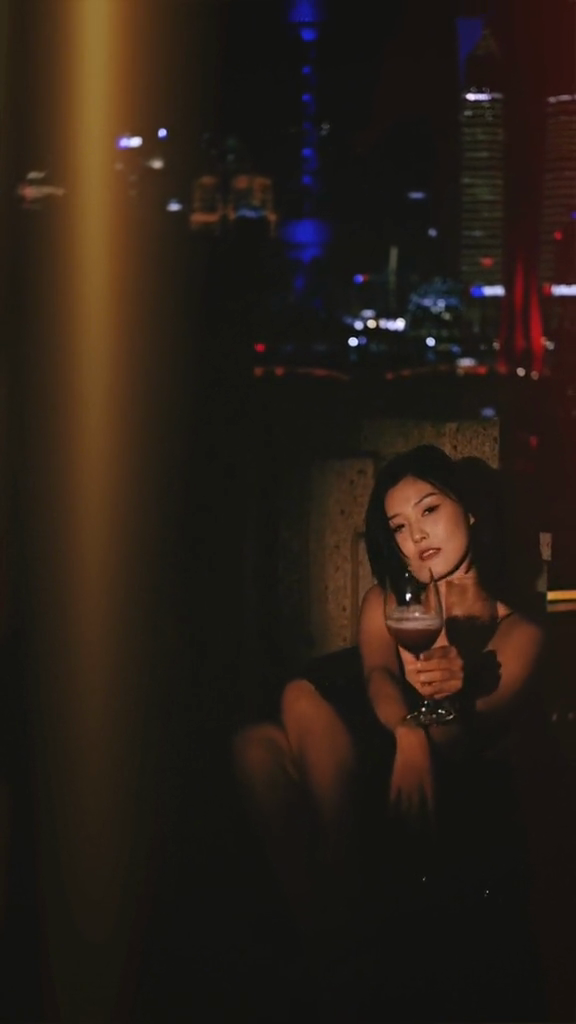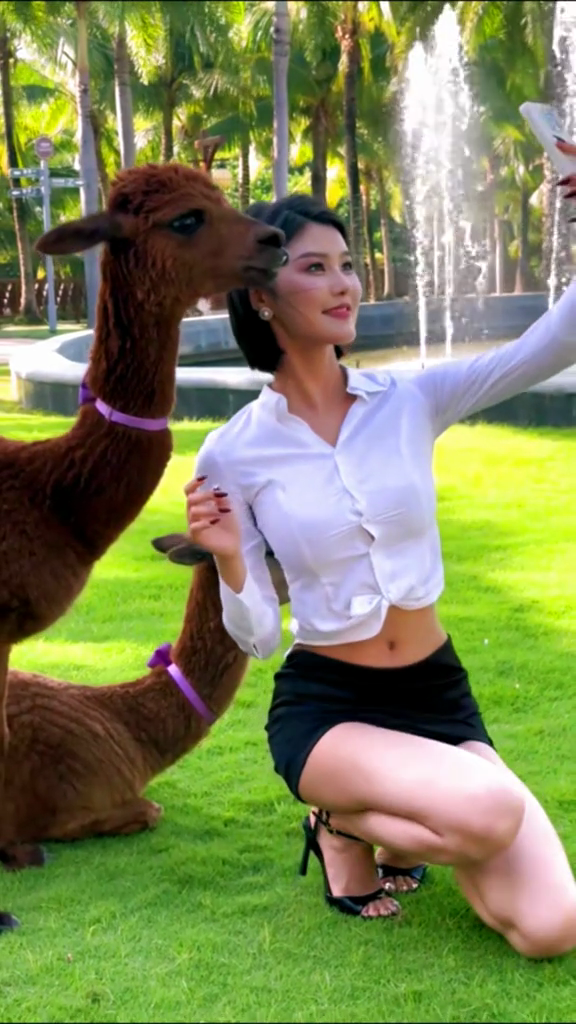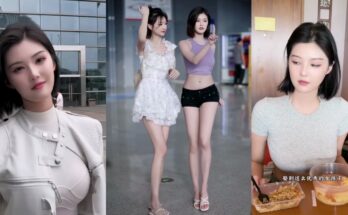
In the landscape of modern Chinese cinema—where blockbuster martial arts spectacles often dominate the spotlight—Cheng Er stands as a master of subtlety, atmosphere, and psychological nuance. Known for his distinctive style, deliberate pacing, and noir sensibility, Cheng Er has emerged as one of China’s most intriguing filmmakers. His work fuses traditional themes with contemporary aesthetics, making him both a critic’s favorite and a rising international name.
This article explores the life and career of Cheng Er, tracing his journey from an aspiring film student to a renowned director and screenwriter, while highlighting the artistry that sets him apart.

Early Life and Education
Cheng Er (程耳) was born in 1976 in Hunan Province, China. Growing up in a country undergoing rapid economic and cultural transformation, Cheng was exposed to a blend of traditional Chinese values and the early stirrings of Western influence. While many of his contemporaries in the Chinese film industry would be drawn to overt political commentary or epic storytelling, Cheng Er’s interests were rooted in style, introspection, and mood.
After completing his primary and secondary education, Cheng Er was admitted to the prestigious Beijing Film Academy—China’s premier institution for cinema and the alma mater of many renowned directors, including Zhang Yimou, Chen Kaige, and Jia Zhangke. While there, Cheng honed his craft in screenwriting and directing, focusing on narrative structure, lighting, and cinematic tone.
His experience at the Film Academy shaped his artistic identity, giving him the technical precision and theoretical foundation that would define his later work.

A Quiet Debut: “Unfinished Girl” (2001)
Cheng Er’s directorial debut came in 2001 with the low-budget film “Unfinished Girl” (未完成的女孩). While the film did not receive wide theatrical release or major commercial success, it garnered attention on the festival circuit for its quiet intensity and emotional depth.
“Unfinished Girl” tells the story of a troubled young woman navigating personal and social disillusionment in a rapidly changing China. The film was understated, intimate, and melancholic—qualities that would become Cheng Er’s signature style. The use of still frames, ambient sound, and muted color palettes marked him as a director more interested in mood and metaphor than mainstream appeal.

Breakthrough: “Lethal Hostage” (2012)
After a decade of relative quiet, Cheng Er returned with “Lethal Hostage” (边境风云) in 2012—a thriller that brought him into the spotlight. The film stars Sun Honglei and Wang Luodan and is set along the border between China and Myanmar, dealing with drug trafficking, abduction, and psychological manipulation.
“Lethal Hostage” is notable for its atmospheric tension, non-linear storytelling, and moral ambiguity. Unlike the high-octane action films often associated with the crime genre, Cheng Er’s take is more restrained. Violence simmers beneath the surface, and the suspense is built not through explosions but through silence, glances, and moral tension.
The film was well-received both domestically and internationally, marking Cheng as a new voice in Chinese noir cinema. Critics compared his work to that of Jean-Pierre Melville and Wong Kar-wai, citing his use of lighting, symmetry, and narrative restraint.

Masterpiece in Motion: “The Wasted Times” (2016)
Cheng Er’s most ambitious and acclaimed film to date is “The Wasted Times” (罗曼蒂克消亡史), released in 2016. Set in Shanghai during the 1930s and 1940s, the film intertwines the lives of gangsters, actresses, and Japanese collaborators against the backdrop of the Sino-Japanese War.
The film stars Ge You, Zhang Ziyi, Tadanobu Asano, and Yuan Quan, and is a stylistic tour de force. With its lush cinematography, disjointed chronology, and emotional restraint, “The Wasted Times” is not a conventional war or gangster film. Instead, it is a haunting meditation on memory, betrayal, and the irredeemable cost of survival during turbulent times.
Key elements that define “The Wasted Times”:
- Non-linear storytelling: Events are revealed out of order, demanding close attention from viewers.
- Moody aesthetics: Each frame looks like a meticulously composed photograph, reminiscent of film noir and European art cinema.
- Subtext over exposition: Characters rarely state their motives; meaning lies in implication and context.
Although polarizing to general audiences, the film received widespread praise for its artistic ambition. It was screened at international festivals and positioned Cheng Er as a filmmaker of serious vision.

Themes and Style: The Cheng Er Signature
Cheng Er’s cinema is marked by a slow-burning, contemplative style that rewards patience. He often explores themes of fate, identity, morality, and decay, set against backdrops of political or criminal conflict.
Stylistic Trademarks:
- Long takes and wide frames: Emphasizing atmosphere over fast cuts.
- Muted color palettes: To reflect emotional distance and historical melancholy.
- Minimalist dialogue: Characters speak sparingly, allowing visuals to carry the weight.
- Ambiguous morality: Protagonists are often morally conflicted, walking the line between victim and perpetrator.
Cheng Er is not a populist director; his films are not fast-paced nor easily digestible. But for those who appreciate layered narratives, visual poetry, and psychological depth, his work offers a rich experience.

Influences and Inspirations
While Cheng Er is a distinctly Chinese filmmaker, his inspirations span across borders. His work reflects influence from:
- Jean-Pierre Melville – especially in the use of silence and visual coolness.
- Wong Kar-wai – in fragmented storytelling and emotional restraint.
- Kurosawa Akira – in the use of weather and setting to mirror internal tension.
- Hollywood film noir – in shadowy compositions and morally gray characters.
At the same time, Cheng remains grounded in Chinese sensibilities, incorporating historical events like the Second Sino-Japanese War and the shifting power dynamics in early 20th-century Shanghai. His films are deeply local and unmistakably global.

Cheng Er’s Place in Chinese Cinema
In an era where many Chinese filmmakers are chasing box office success or toeing the line with government censors, Cheng Er occupies a unique position. He is neither a commercial juggernaut nor an overtly political provocateur. Instead, he has carved out a space for artful, meditative, and morally complex cinema.
He is often grouped with the so-called “Sixth Generation” of Chinese filmmakers—directors like Lou Ye, Wang Xiaoshuai, and Jia Zhangke—who focus on realism, urban alienation, and underground narratives. However, Cheng Er sets himself apart with his affinity for genre blending, especially crime thrillers and historical dramas filtered through an arthouse lens.

Challenges and Criticism
Like many auteurs, Cheng Er has faced challenges:
- Box office limitations: His films, while praised by critics, have not always been major commercial hits.
- Censorship constraints: Working in China, he must navigate government restrictions on historical and political content.
- Audience reception: Some viewers find his storytelling too slow or confusing.
Yet these challenges haven’t deterred him. If anything, they’ve sharpened his resolve to make films that speak to a deeper truth, even if only a niche audience hears it.

What’s Next for Cheng Er?
As of this writing, Cheng Er is reportedly developing a new project—one that is expected to continue his exploration of history and identity, though details remain closely guarded. Given the acclaim of his past work and his growing international profile, anticipation is high.
With the global film industry becoming more interconnected, there’s speculation that Cheng Er may eventually collaborate with non-Chinese production houses or take his distinctive aesthetic to a broader stage.

Conclusion: A Cinematic Artisan in a Commercial Age
Cheng Er is not the loudest voice in Chinese cinema—but he may be one of the most important. In a media landscape crowded with noise, his films offer silence, contemplation, and visual grace. He doesn’t just direct movies; he crafts experiences—slow, mysterious, and unforgettable.
If cinema is the mirror of a culture’s soul, then Cheng Er’s work reflects a China caught between past and future, power and vulnerability, memory and loss. In every frame, he invites us not to look, but to see.

Recommended Films by Cheng Er:
- Unfinished Girl (2001)
- Lethal Hostage (2012)
- The Wasted Times (2016)
Whether you’re a cinephile, a student of Chinese culture, or just someone seeking more from your movie nights, Cheng Er is a name worth knowing—and watching.




































































